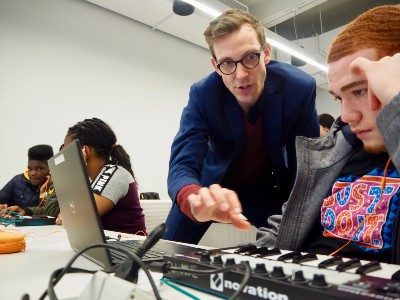George Saunders G’88 Wins National Book Award
George Saunders G’88, acclaimed author and professor of creative writing in the College of Arts and Sciences, has been named the winner of the 2025 National Book Award for Distinguished Contributions to American Letters (DCAL) by the National Book Foundation….


